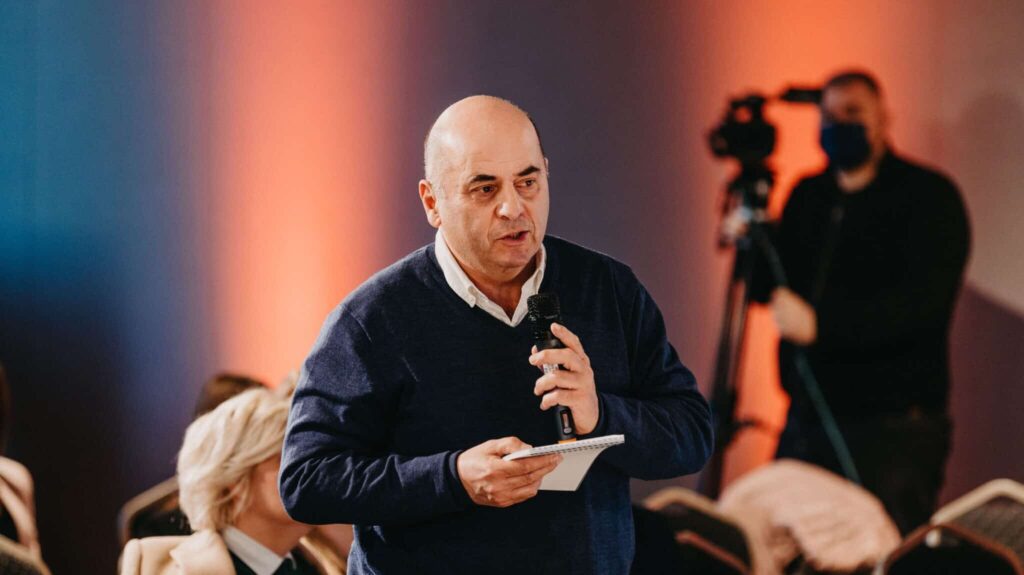In his analysis of World War II literature in communist Yugoslavia, historian Goldstein critiques its partisanship shaped by Communist Party ideologies, where publishing decisions hinged on party interests. Since 1990, historical revisionism has emerged in the region. Goldstein emphasizes his commitment to understanding moral standings in the conflict, asserting that anti-fascism forms a core foundation of the liberal democratic culture that Croatia aspires to within the EU. He supports the Partisan movement, led by Tito, against the brutal regime of the Ustasha in the NDH, while acknowledging the flaws and mistakes made by the Partisans.
Goldstein clarifies that his book does not target anyone specifically, even incorporating viewpoints from previously disparaged researchers where appropriate scholarship exists. He recognizes the challenges of differentiating the communist-led anti-fascist struggle from the broader anti-fascist movement, underscoring that the Communists were not the only resistors but played a pivotal role in organizing the fight against occupation and advocating for a socially just society. He cites statistics indicating that although communists were a minority among Partisans, they maintained significant control within military units.
Goldstein’s extensive writing on these themes, including works on 20th-century events and World War II, has culminated in his latest book. He reflects on the elections post-war, critiquing their legitimacy, and notes that, despite the harsh realities of the emerging communist dictatorship, it represented the “least bad” option in providing liberation and social justice to an impoverished society.



